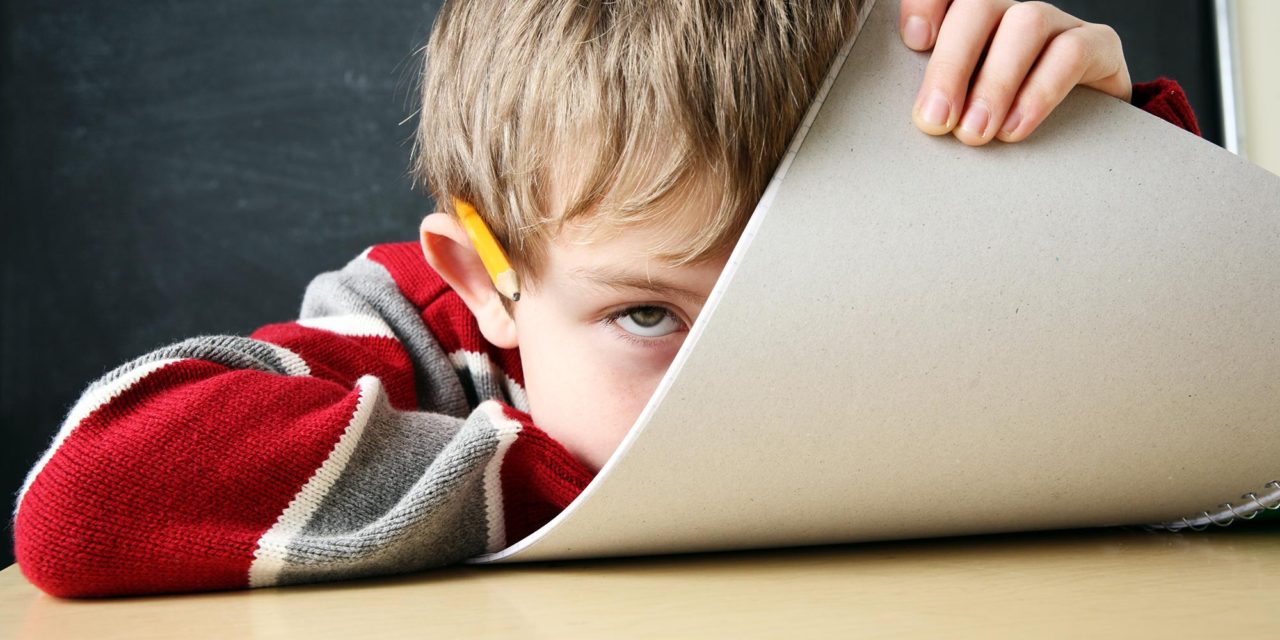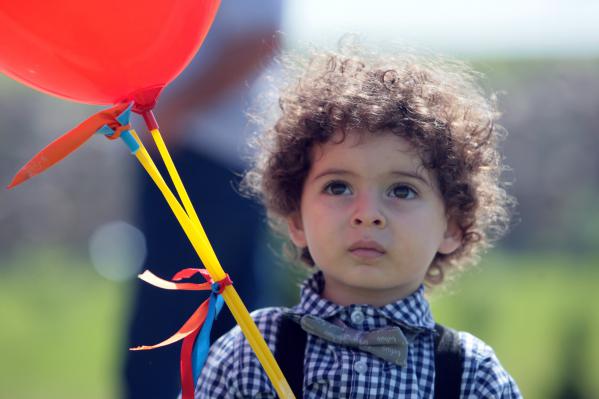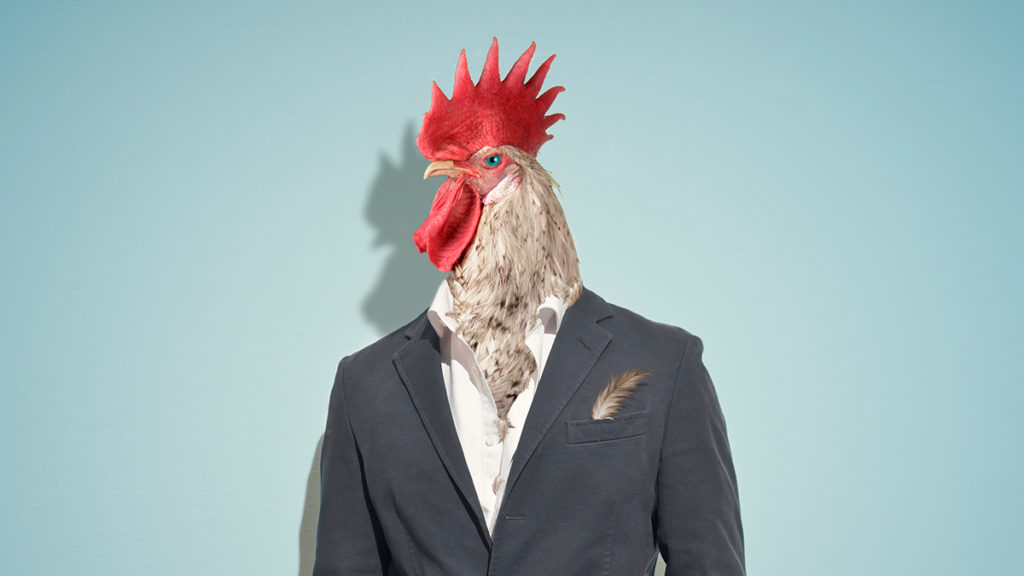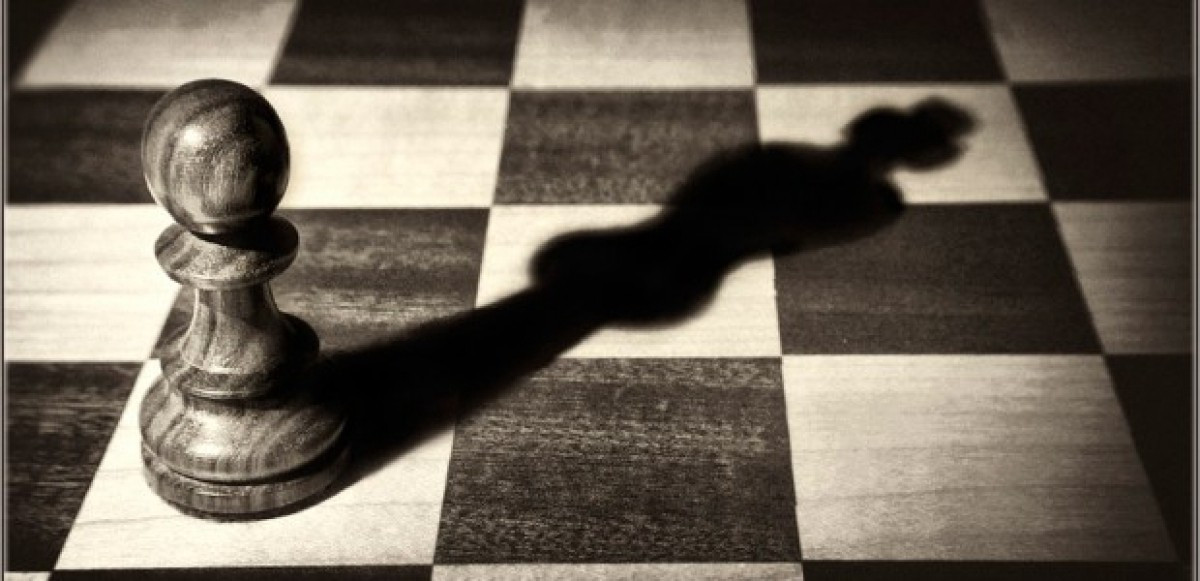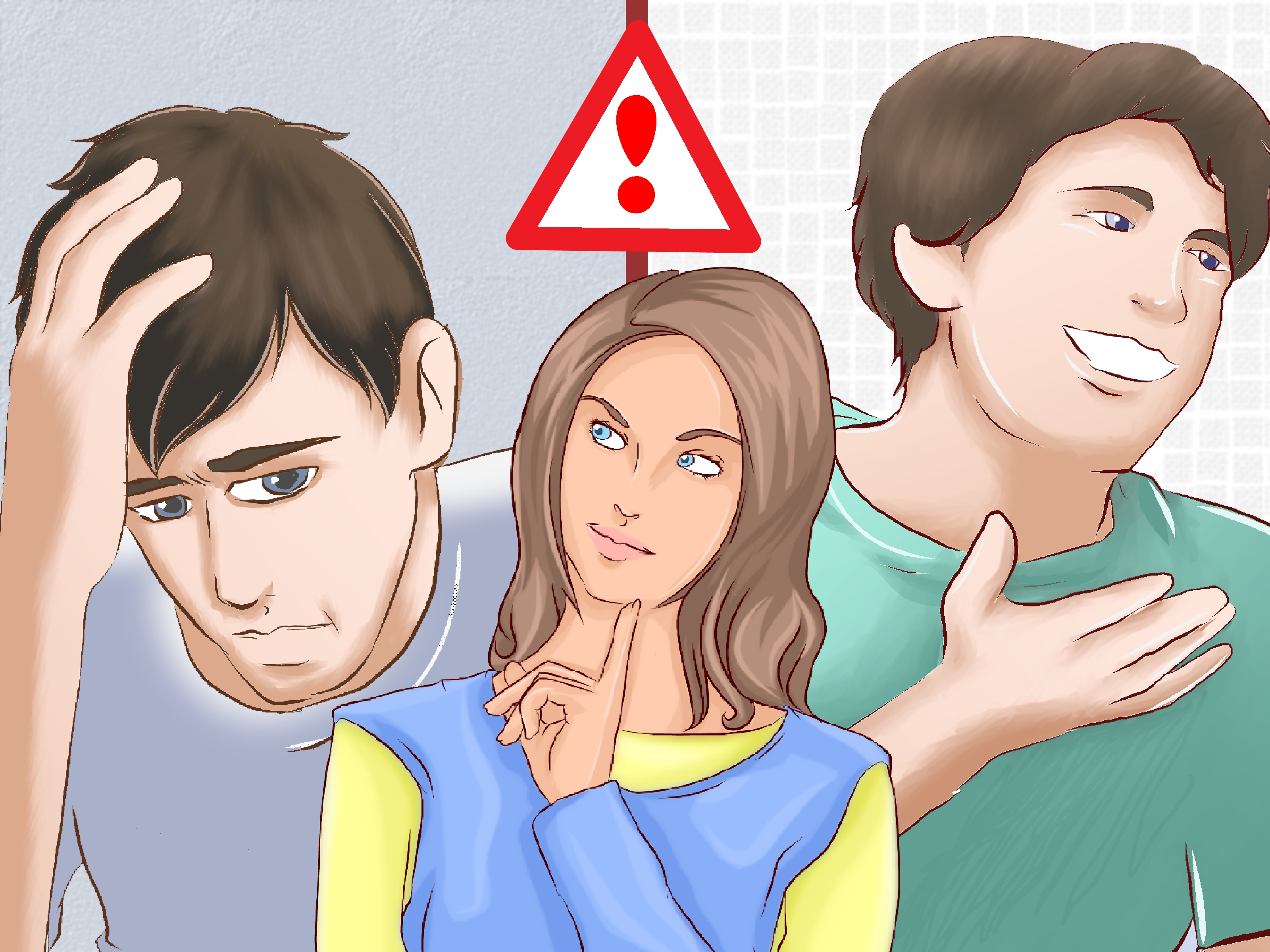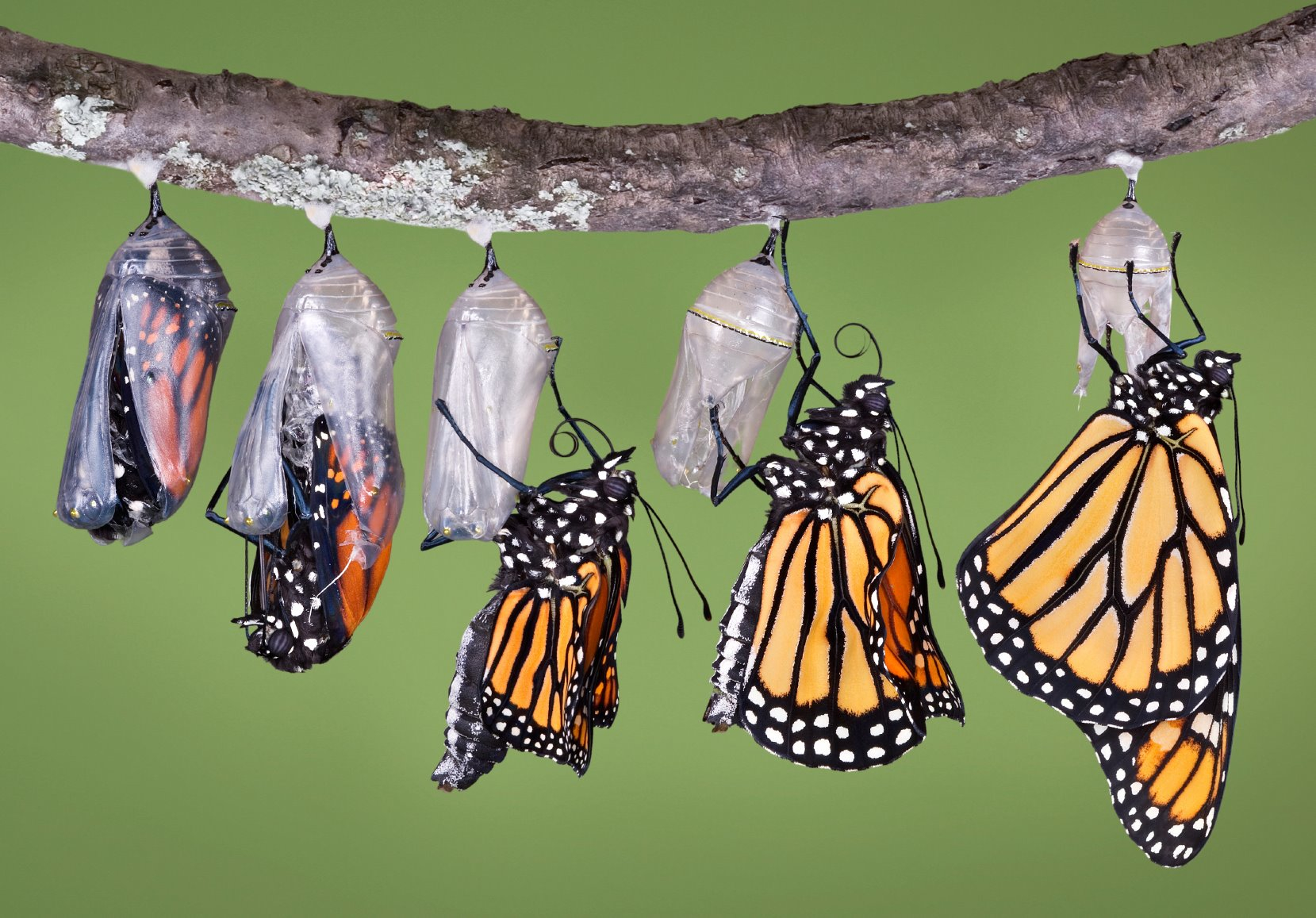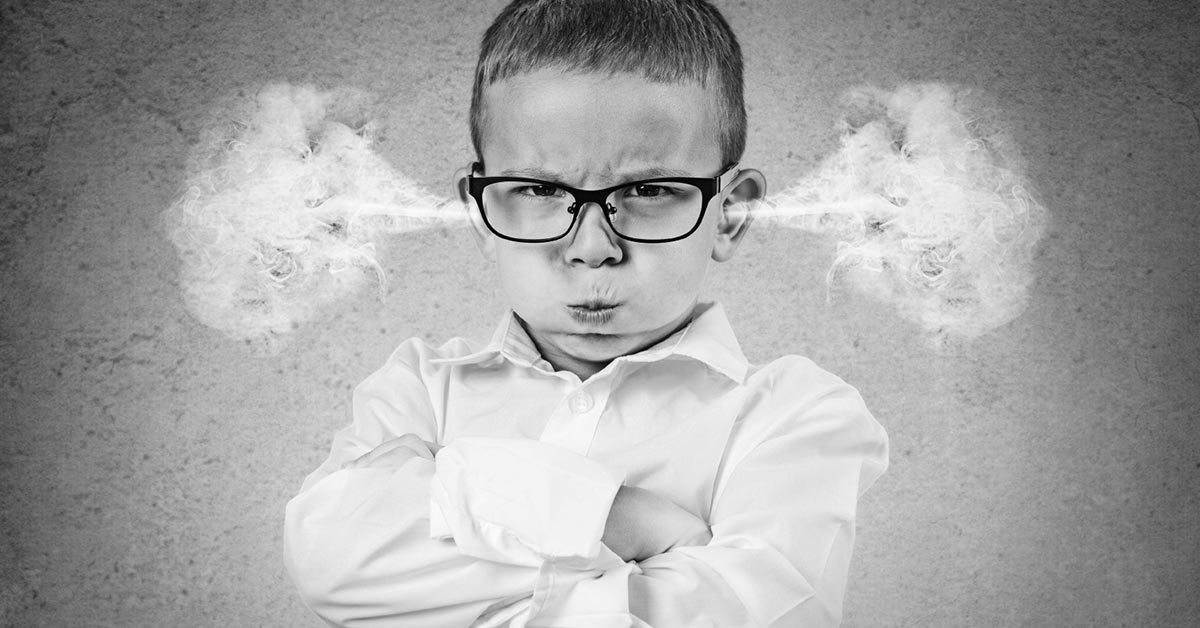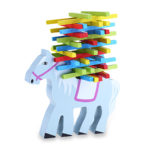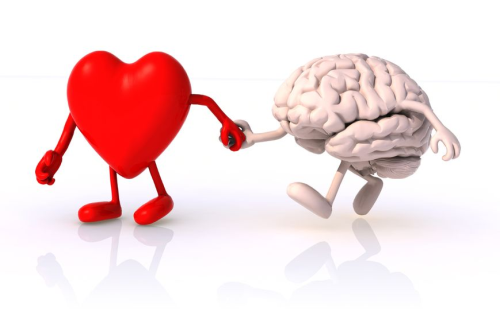As I watch the behavior of Chris and Alicia, our four year old twins, I have a sense of déjà vu. In many ways they exhibit younger versions of adult traits. In a sense, they mirror us.
Here are a few examples.
Jealousy and reactive thinking. Chris refuses his mother’s offer as he is not in the mood of eating a banana. Yet, as soon as Alicia starts eating her banana, he changes his mind and asks for his. Here is the adult version of this incident. Joe is content with the small car that he has, until John, his neighbor buys a luxury car. Immediately Joe borrows money to buy an even more luxury car.
Show off. Every morning, our twins go through the process of selecting toys to take to the Kindergarten. There certainly is no shortage of toys there. The sole motive behind this behavior is to show off and attract the attention of the other children. Grown-ups like to attract attention with their dresses, cars, iPhones, and other “toys”.
Fishing for complements. When in need of attention, Alicia announces “mommy and daddy do not love me”. She is simply fishing for confirmation of our love for her. I am sure that you can think of many ways in which adults fish for compliments?
Excuses – We put the twins to bed at night. Yet they are not in the mood to sleep. They show up in our living room with excuses for leaving their beds: thirst; toilet needs; even toothache. Adults are far more sophisticated in finding excuses to cover broken promises or inability to assist a friend in need.
Shifting the blame. The evening silence is broken with the sound of the twins crying. Chris and Alicia are fighting over a toy and hitting each other. Although both are guilty, neither admits any wrongdoing. When was the last time you heard an adult admit wrongdoing in a conflict situation?
Ego. We think of children as being humble and free from the influence of their ego. This is mostly true, but not always. We find traces of childhood ego when Chris resists to apologize for snatching the toy from Alicia. Similarly Alicia refuses to say “please” when wanting the toy held by Chris. She prefers the hard and most ineffective way of pulling it away, starting a fight followed by crying.
Attaching significance to the “insignificant”. With great pride, our children boast of things we consider insignificant – the flower on Alicia’s new shoes; the Superman band-aid on Chris’s finger or on being buckled up first in the car. The breaking of a toy can send Chris to his room for an extended mourning session. As grown-ups we too have “toys” and issues very dear to us. They cause us to rejoice; mourn; get angry; and lose sleep. Yet, how significant will these be in our old age?
Irrational statements said in anger. When angry at his father for denying his request, Chris expresses his dismay by announcing “I do not want to live here. I will take the plane and go to Canada.” How often do adults make emotionally charged declarations only to regret later?
 We find childhood behavior most amusing and funny. Yet, most interestingly adults are often driven by the same psychological motives. In many ways we exhibit childish behavior and the underlying motives. Children can teach us much about ourselves.
We find childhood behavior most amusing and funny. Yet, most interestingly adults are often driven by the same psychological motives. In many ways we exhibit childish behavior and the underlying motives. Children can teach us much about ourselves.
As we observe youngsters and are amused by their “childish” behavior, we should regard our issues and concerns more lightly. We should not take ourselves as seriously. Our adult behaviors seem childish from a more mature perspective. Our deceased relatives and friends watch us from heaven, scratching their heads and wondering “what’s the big deal…”? “Why is he getting all worked out for this trivial matter?”
Oh, one more consideration. As you find some childish behavior to be truly immature and silly, observe if you demonstrate the adult version of that behavior and see if it needs to be developed into something more mature.

